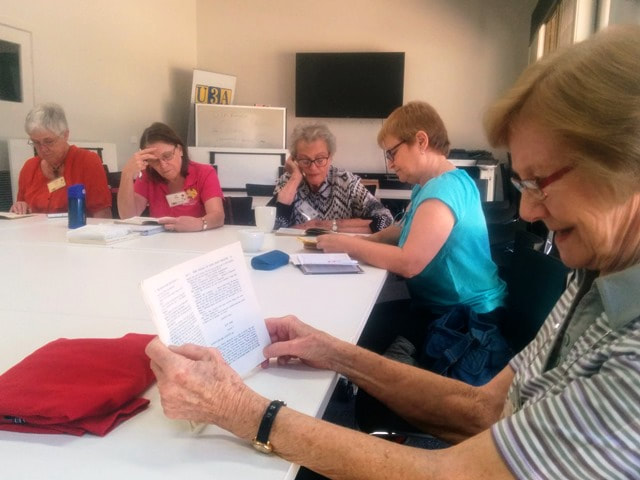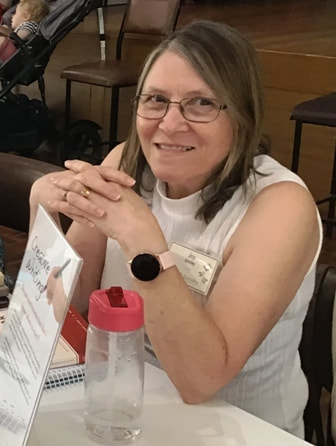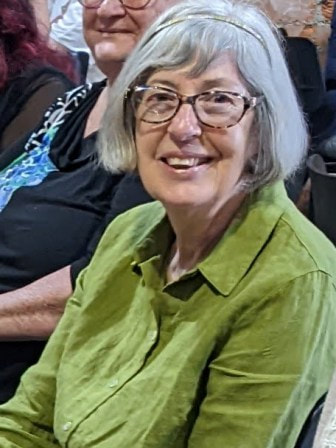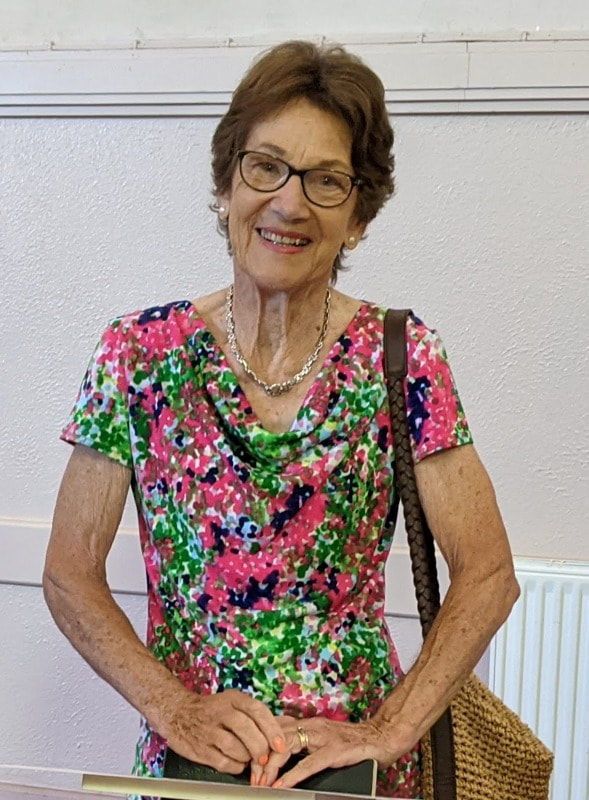Gwendolen and Cecily are smitten by Earnest and Earnest who are really Jack and Algy. They both claim the name Earnest to be a prerequisite for betrothal.
Do Jack and Algy change their names?
Do Gwendolen and Cecily end up with Jack and Algy?
The storyline seems to be a mere vehicle for Oscar Wilde to make comment on social behaviours in a most witty and ironic manner.
‘Cecily: Mamma, whose views on education are remarkably strict, has brought me up to be extremely short-sighted. ‘
[And Cecily does wear glasses as she is extremely short-sighted.]
The U3A Benalla play readers read this play in one session and it was very much enjoyed by all.
Today the popularity of the name Earnest (more commonly spelt Ernest) has very much waned since Victorian times. Internet research places it currently at around number 300.
Jenny Sawyer






 RSS Feed
RSS Feed
